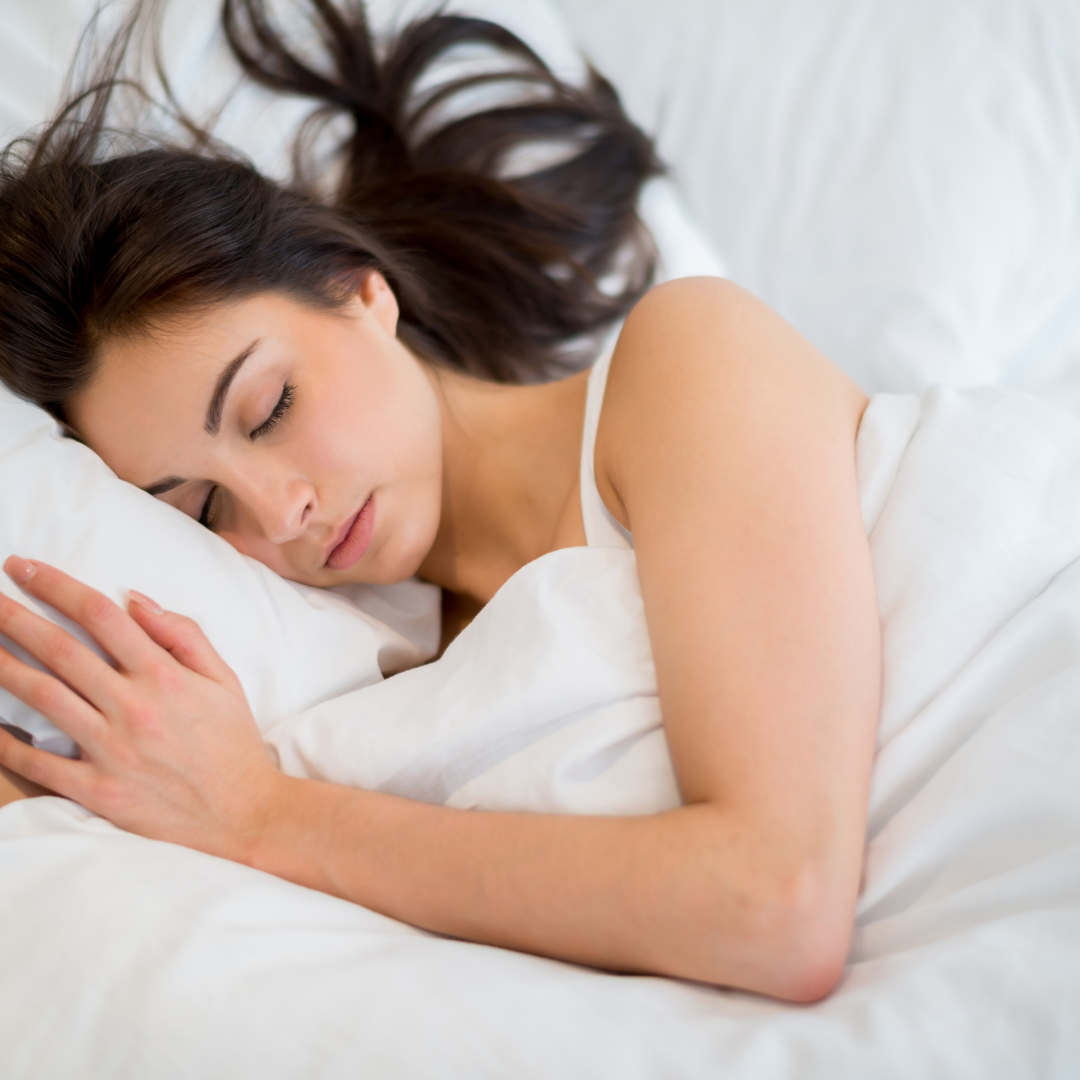Therapists
GET IN TOUCH
Book Now
BLOG
Shop
Today more than ever, our lives are marked by the need to be productive, energized, and to keep those many plates spinning. We’re supplemented with caffeine as well as the blue lights of our phones and laptops, so it seems no hour is too late to complete that one last task. We may seem to benefit from these habits in the short term, but our bodies register our sleep debt acutely. Sleep is a necessity that cannot be overlooked regardless of how the world around us progresses.
According to a 2014 report from The Society for Women’s Health Research, women are at a 40% increased risk for developing insomnia and are at twice the risk of developing restless leg syndrome (RLS) as compared to men. Those of us who do develop RLS have a higher risk of comorbidities than men, including depression. The reality is that to be our most confident, healthiest selves we need to practice proper sleep hygiene.
Here are three tips to give your body the rest it deserves.
1. Schedule Sleep
We may think our bedtime is intuitive but many factors have altered this once straightforward process. Artificial light, especially. No longer are we bound by the rise and fall of the Sun. Our pineal gland controls the production of melatonin, easing us into sleep as it grows darker around us… only now, it grows darker when we make it darker. It’s become much more important then that we schedule our sleep. By maintaining regular sleep and wake-up times, our sleep forms a healthy pattern once more. By making a conscious effort to reach optimal sleep each night, our entire body reaps the benefits. We have greater immune system function, memory, performance, and physical strength.
2. Caffeine-Free
I wouldn’t be surprised if the title alone gets some of you feeling antsy. Caffeine’s stimulating effects are so vital to so many of us, it seems like that cup of coffee alone is what gets us through a hectic day. You don’t have to completely give up your caffeine habit, however, you simply have to be aware of when you decide to imbibe. Caffeine has a half-life of six hours. Keep your coffee-time to the morning and early afternoon – from late-afternoon onward, it’ll only keep you up at night. While that may be exactly the effect you’re looking for, note that staying up late has been shown to actually decrease our performance abilities and capacity for memory.
3. Create a Sleep Sanctuary
Social media and 24-hour news cycles mean more of us are diverting our attention away from sleep to brightly-lit screens while in bed. This may not seem so insidious at first but aside from affecting melatonin levels, staying up with television or Twitter can become a habit that continually chips away at those precious minutes of deep slumber. Maybe your phone isn’t as big a distraction as the stack of work papers at your bedside. Either way, it’s important that your bedroom become a sanctuary for sleep. Make sure your room is clean, dark, and quiet and that the bed itself is comfortable for you. Use the bed for sex and sleep only. Doing so will help you fall asleep faster as you unconsciously come to associate your bed with sleep – not checking your news feed and sending out those last few emails of the day. And if you need to unwind before heading to bed, consider taking a bath or listening to relaxing music instead. By creating this space, your bedroom becomes an oasis for rest. You’ll feel more relaxed simply even entering your newfound sanctuary.
Sleep is as fundamental to us as food, water, and air. Adequate sleep means a greater quality of life during your waking hours, and improved performance in your work to boot. The common denominator here? Practicing awareness. By making slight adjustments to your routine and environment, you could greatly improve not only your sleep but your life.
